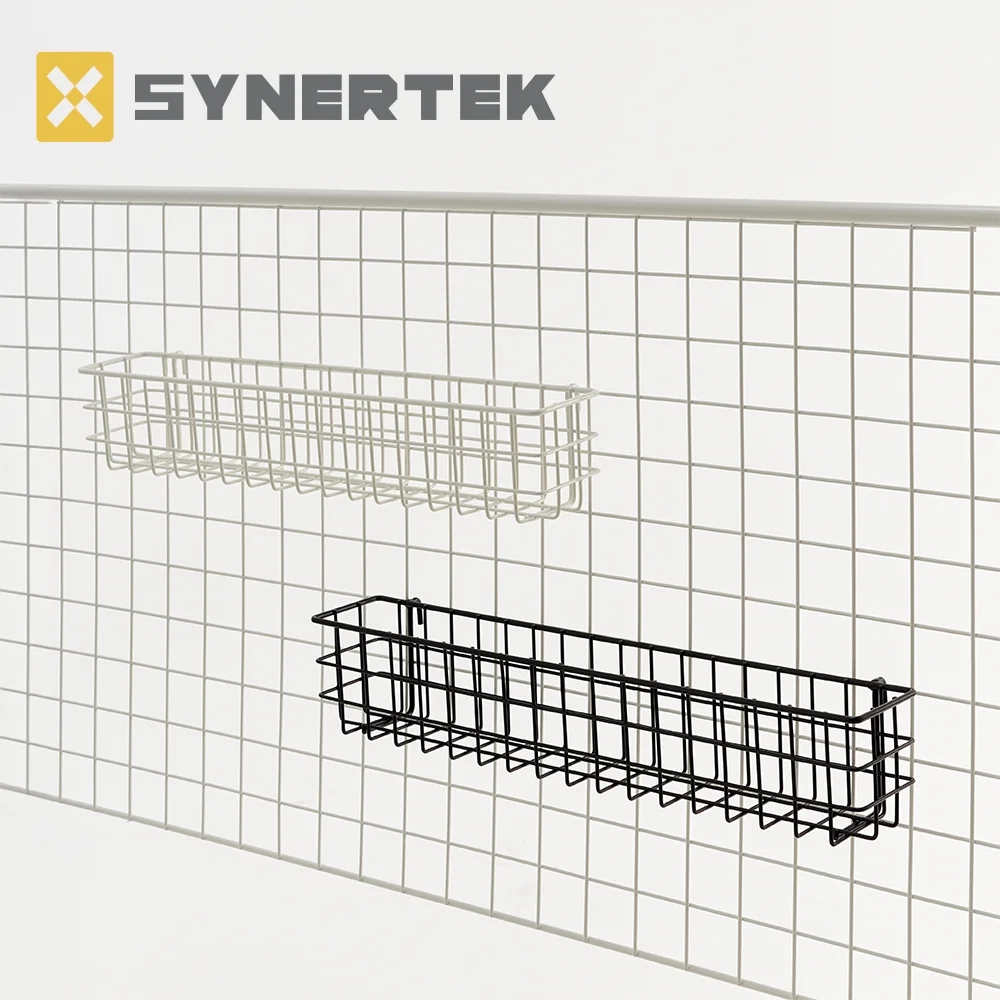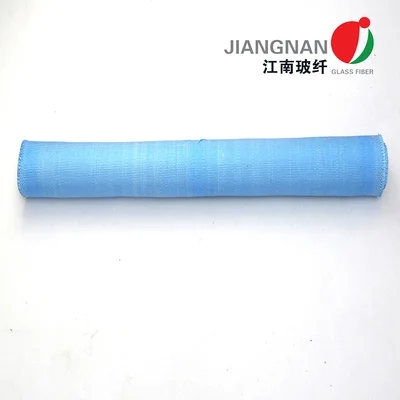When it comes to repairing cinder blocks, choosing the right mortar is crucial for ensuring long-lasting and structurally sound results. With a myriad of options available, it can be overwhelming to determine the best mortar for cinder block repair. In this comprehensive guide, we will delve into the various types of mortar, their properties, and recommend the ultimate choice for achieving impeccable results.
- Understanding Cinder Blocks and Their Repair Needs:
Before delving into the best mortar options, it is essential to understand the characteristics of cinder blocks and the common issues they face. Cinder blocks, also known as concrete masonry units (CMUs), are widely used in construction due to their affordability and durability. However, over time, they may develop cracks, spalling, or other forms of damage that require repair. - Types of Mortar for Cinder Block Repair:
2.1 Portland Cement Mortar:
Portland cement mortar is a popular choice for cinder block repair due to its strength and versatility. It consists of Portland cement, sand, and water, providing excellent adhesion and durability. This type of mortar is suitable for most repair applications and offers a reliable solution.
2.2 Polymer-Modified Mortar:
Polymer-modified mortar is a modern alternative that incorporates polymers, such as latex or acrylic, into the traditional mortar mix. This modification enhances the mortar's flexibility, bond strength, and resistance to cracking. It is particularly beneficial for repairing cinder blocks in areas prone to movement or seismic activity.
2.3 Epoxy Mortar:
Epoxy mortar is a specialized mortar that offers exceptional strength and chemical resistance. It is commonly used for repairing cinder blocks in industrial settings or areas exposed to harsh chemicals. Epoxy mortar provides a durable and long-lasting solution, but it requires careful application and may be more expensive than other options.
- Factors to Consider When Choosing the Best Mortar:
3.1 Repair Scope and Severity:
The extent and severity of the cinder block damage play a crucial role in selecting the appropriate mortar. For minor cracks or surface repairs, Portland cement mortar may suffice. However, for extensive damage or structural repairs, polymer-modified mortar or epoxy mortar may be more suitable.
3.2 Climate and Environmental Conditions:
Consider the climate and environmental conditions in which the repaired cinder blocks will be exposed. If the area experiences freeze-thaw cycles, a flexible and crack-resistant mortar, such as polymer-modified mortar, is recommended. Similarly, for high humidity or chemical exposure, epoxy mortar provides superior resistance.
3.3 Application Method and Time Constraints:
The chosen mortar should align with the desired application method and time constraints. Some mortars require longer curing times or specialized equipment, which may not be feasible for certain repair projects. Consider the practicality and efficiency of the mortar in relation to the repair requirements.
- The Ultimate Choice: Polymer-Modified Mortar:
After careful consideration of various factors, polymer-modified mortar emerges as the best choice for cinder block repair in most scenarios. Its enhanced flexibility, bond strength, and crack resistance make it suitable for a wide range of repair applications. Additionally, polymer-modified mortar offers excellent workability and ease of application.
Conclusion:
Selecting the best mortar for cinder block repair is a critical decision that impacts the longevity and stability of the repaired structure. By understanding the characteristics of cinder blocks, evaluating different mortar options, and considering various factors, one can make an informed choice. Polymer-modified mortar stands out as the ultimate solution, providing durability, flexibility, and ease of use. With the right mortar in hand, you can confidently undertake cinder block repairs, ensuring a structurally sound and visually appealing outcome.



